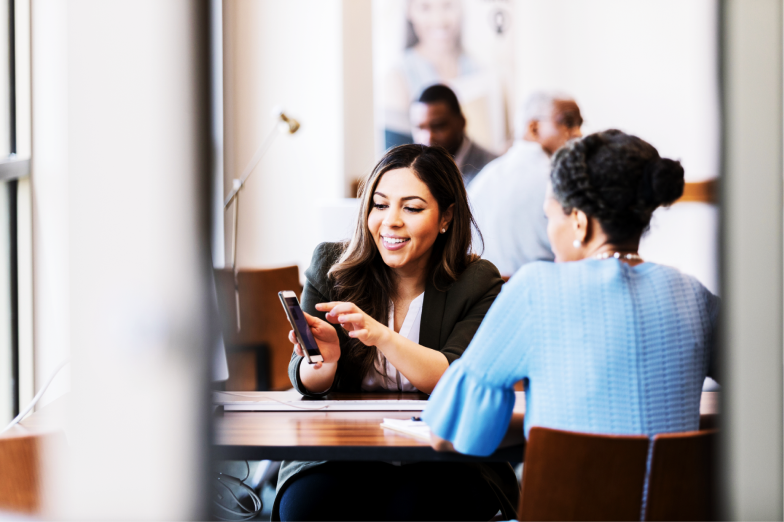Security Updates

Phishing and fraud scams are on the rise
Be careful about providing your login credentials, or one-time passcodes to scammers posing as Sun East representatives. Follow these quick tips to further protect your finances and personal information:
Check your account info
Confirm that Sun East has your current phone number and email address, so we can proactively reach out if we detect unusual activity on your accounts.
Update your passwords
Just like checking the batteries in your smoke detector, it’s a good practice to change your passwords on a regular basis. Create and use a strong password, like a line from a favorite song and a mixture of upper and lower-case letters, numbers, and symbols.
Keep mobile software and apps up-to-date
Check to make sure your mobile phone’s operating software is running on the latest version. Make sure your Sun East Mobile App is up-to-date.
Add another layer of authentication
Use the “sign-on” tools available to you with your smartphone and set up two-step authentication to add another layer of protection to access your financial accounts.
In addition to these quick tips, we continuously update this page with great tools, resources, and information to make sure you are “security-smart.” Check back frequently.
Protect Yourself and Your Data
Sun East is committed to protecting our members from fraud and scam events. Please be advised that while Sun East does reach out to their members, we will NEVER call or text asking for any portion of your Credit or Debit Card Number, PIN, or any other personal identification information. If you receive a suspicious call or text claiming to be from Sun East, please contact us directly at 610-485-2960.
Here are some tips to protect your sensitive data:
Don’t Reveal Sensitive Personal InformationDon’t Reveal Sensitive Personal Information
Sun East will NEVER call you and then ask you for your one-time verification code, PIN, password, or other personal identification details. If something feels strange, hang up immediately.
Don’t Fall for a Fake
Imposters can come in all different shapes and sizes and may appear as your financial institution,phone company, family member, or even a government agency.
Don’t Let Them Pressure You
Fraudsters use pressure tactics to create a false sense of urgency. They may tell you they will disconnect your electricity, that your benefits will be discontinued, or that you have credited money to your phone account.
Go to the Source
Confirm who you are dealing with by calling the number on the back of your card or use a trusted number on the company website. If it sounds too good to be true, it probably is. Also beware of anyone promising you high returns, low risk, and “golden” opportunities.
Never Share Your Password or PIN
Keep your passwords and PINs a secret, even from close friends, family, and teammates. It is never a good idea to share your login information.
Be Alert
Never send money to someone you don’t know in real life through Pay-A-Person and especially using gift cards or a third-party payment app like Zelle®, Cash App, PayPal, Venmo, etc.
Report Suspicious Activity
Sun East emails include a Security Zone box in the footer with a personalized stamp, your name, and the last four digits of your primary phone number. Monitor your accounts regularly, respond to fraud alerts and report unauthorized transactions promptly. Call our contact center at 610-485-2960 to report any suspicious emails, calls, texts, etc.
If you’d like more information on Cyber Security, visit https://www.cisa.gov/stopransomware.
Additional Tips
As soon as you get a notification about a new software update to your operating system, perform that – as they contain the latest security patches. Consider changing your settings so the software updates happen as soon as they are ready.
Don’t be pressured by fraudsters – if it doesn’t seem right, it probably isn’t.
Look out for unexpected messages about invoices, packages at the warehouse or deliveries. Don’t be influenced to act because the message is “urgent”.
Watch out for “contacts” asking for money in unusual forms – like gift cards or cash apps.



